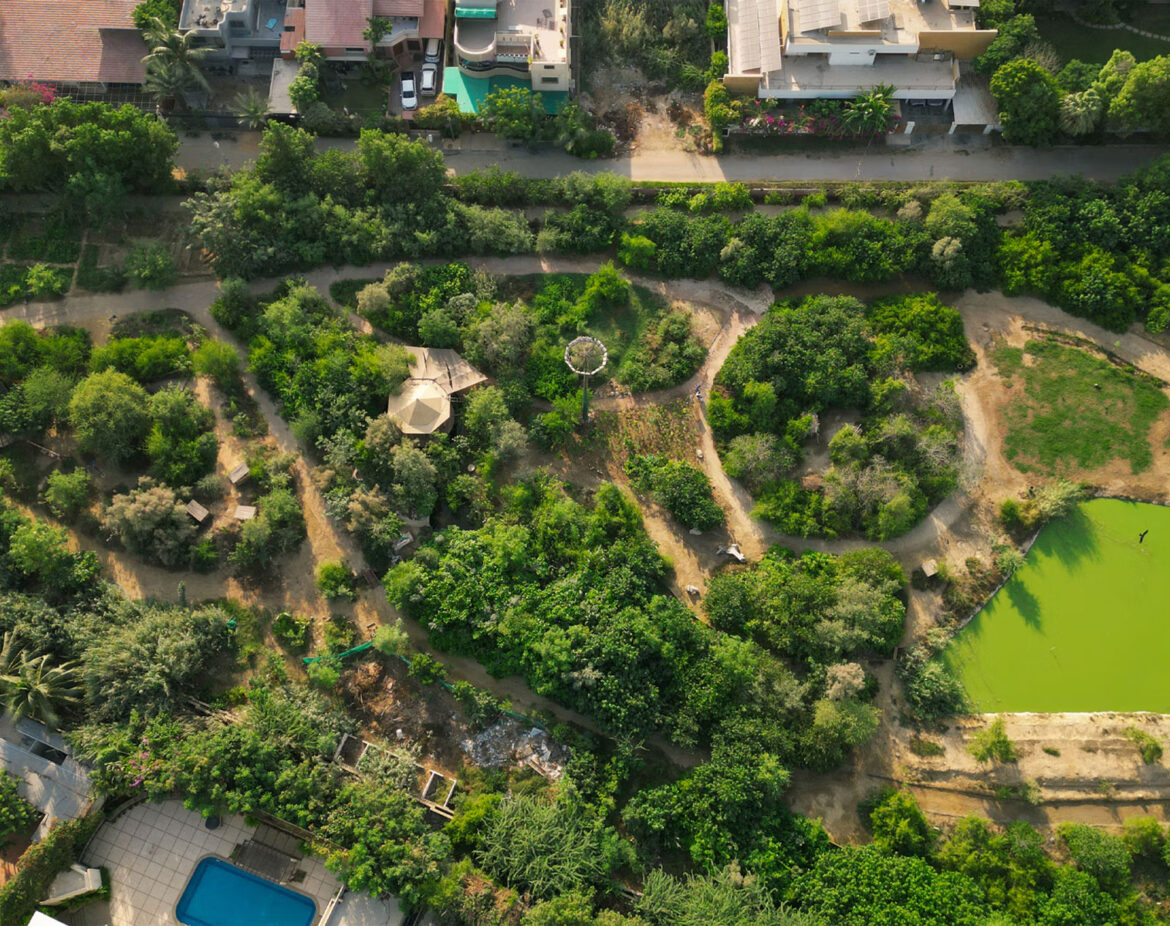Over three years ago, environmentalist Masood Lohar embarked on an ambitious mission to transform a 220-acre landfill on Karachi’s Clifton beach into an urban forest. Today, his project, the Clifton Urban Forest, thrives with over 700,000 trees and a sanctuary for more than 140 bird species, restoring life to an adjacent lagoon.
“This particular place was a dump site,” Lohar, 57, remarked, standing among the greenery he painstakingly nurtured. He recounted the early days of clearing waste and importing soil to begin planting. Now, the forest boasts over 100 plant species, including native mangroves and resilient grasses adapted to Karachi’s harsh climate.
Lohar’s vision extends beyond beautifying Karachi. With a city population exceeding 20 million and facing severe pollution and diminishing green spaces, he aims to rebuild Karachi’s marine ecosystem and make the city more resilient against natural disasters. Karachi’s history once featured vibrant networks of rivers and lagoons, largely consumed by industrial growth.
Restoring the area has brought the return of flamingos, Siberian ducks, and a variety of insects critical to the ecosystem. Lohar’s experience at the UN Development Programme underscores his understanding of environmental degradation in Pakistan’s cities, where worsening air quality endangers public health.
Urban forests like Clifton’s offer hope, cooling temperatures amid deadly heatwaves that claimed hundreds of lives in 2015. The forest’s mangroves also contribute by sequestering about 6,000 metric tons of CO2 annually, offsetting emissions equal to nearly 1,300 cars.
Despite its success, the project faces threats from ongoing urban development. Construction by the Karachi Development Authority (KDA) could endanger up to 300,000 mangroves, adding strain to Lohar’s conservation efforts.
Yasir Husain, founder of the Climate Action Center, praised Lohar’s work as an essential yet limited measure against Karachi’s larger environmental struggles. “These are tiny projects,” he acknowledged, “but they’re experiments… and finding a bird sanctuary in such a stressed environment is gratifying.”
The Clifton Urban Forest stands as both a beacon of progress and a poignant reminder of the relentless pressures facing Pakistan’s urban green spaces in the face of rapid development and climate adversity.



